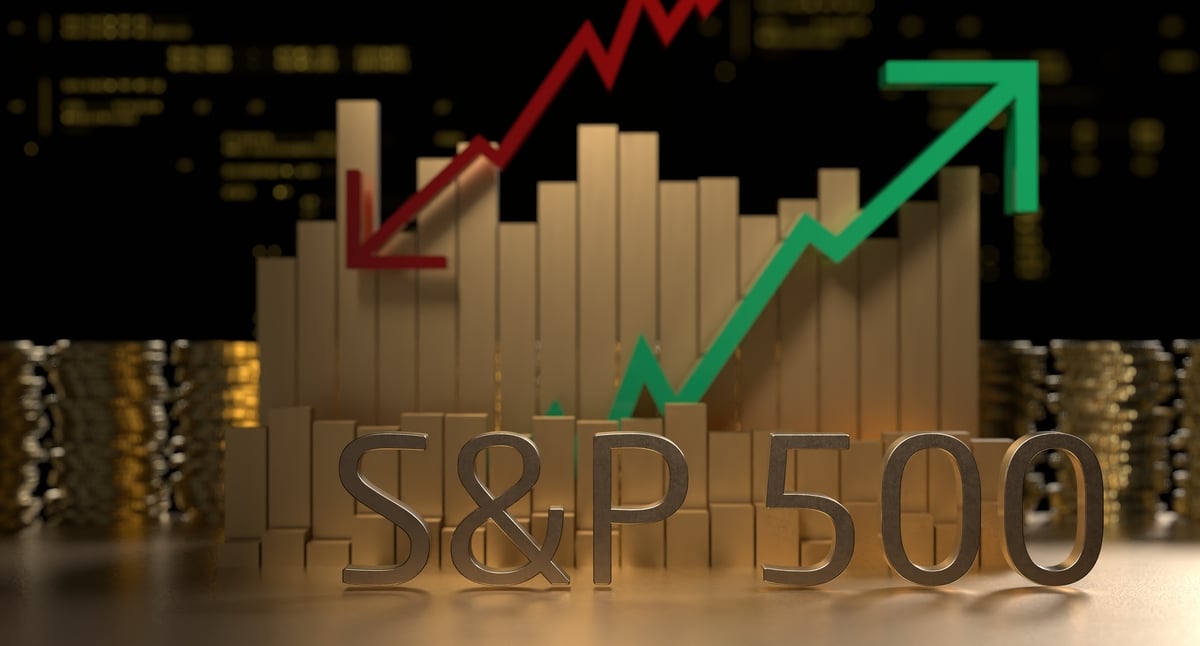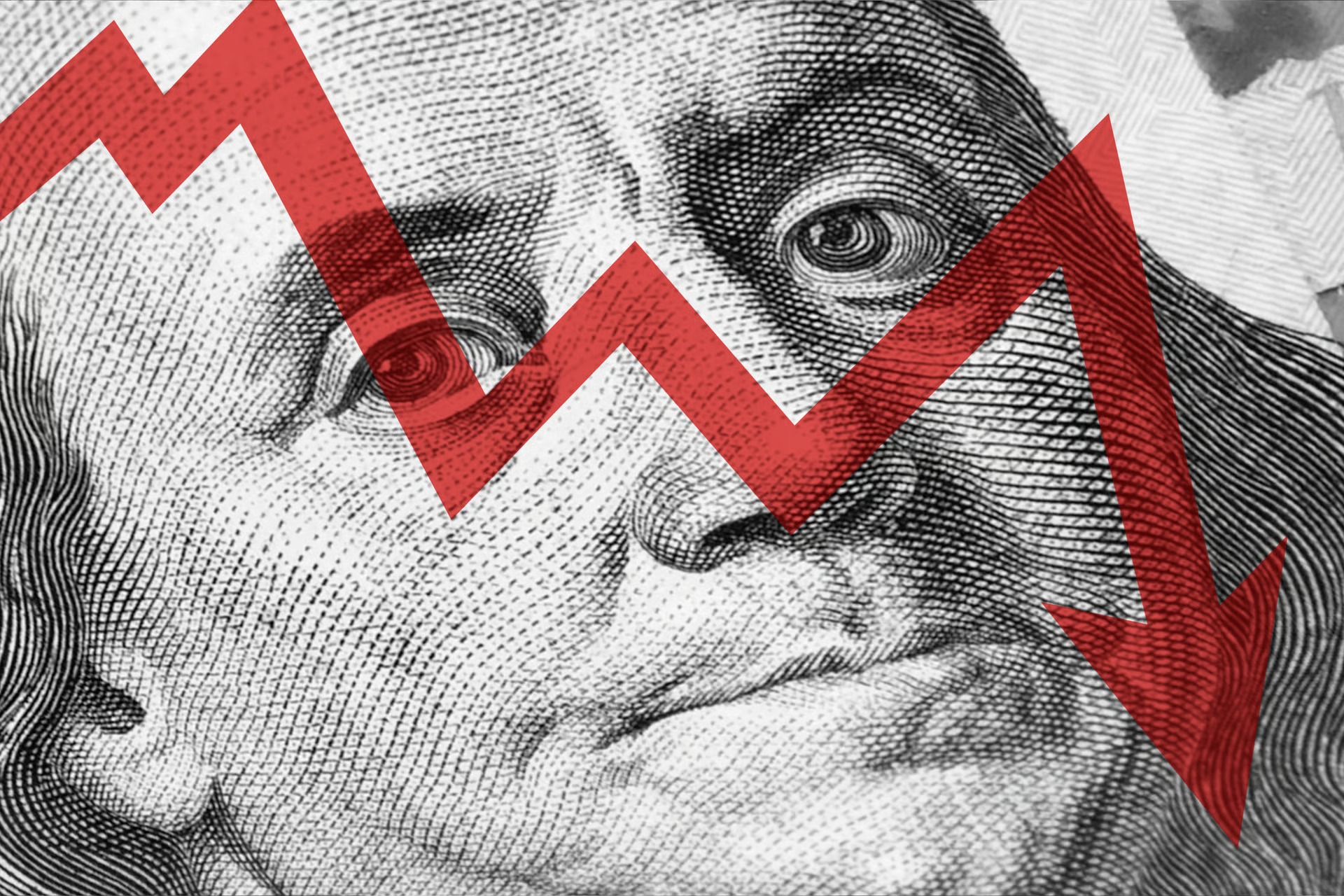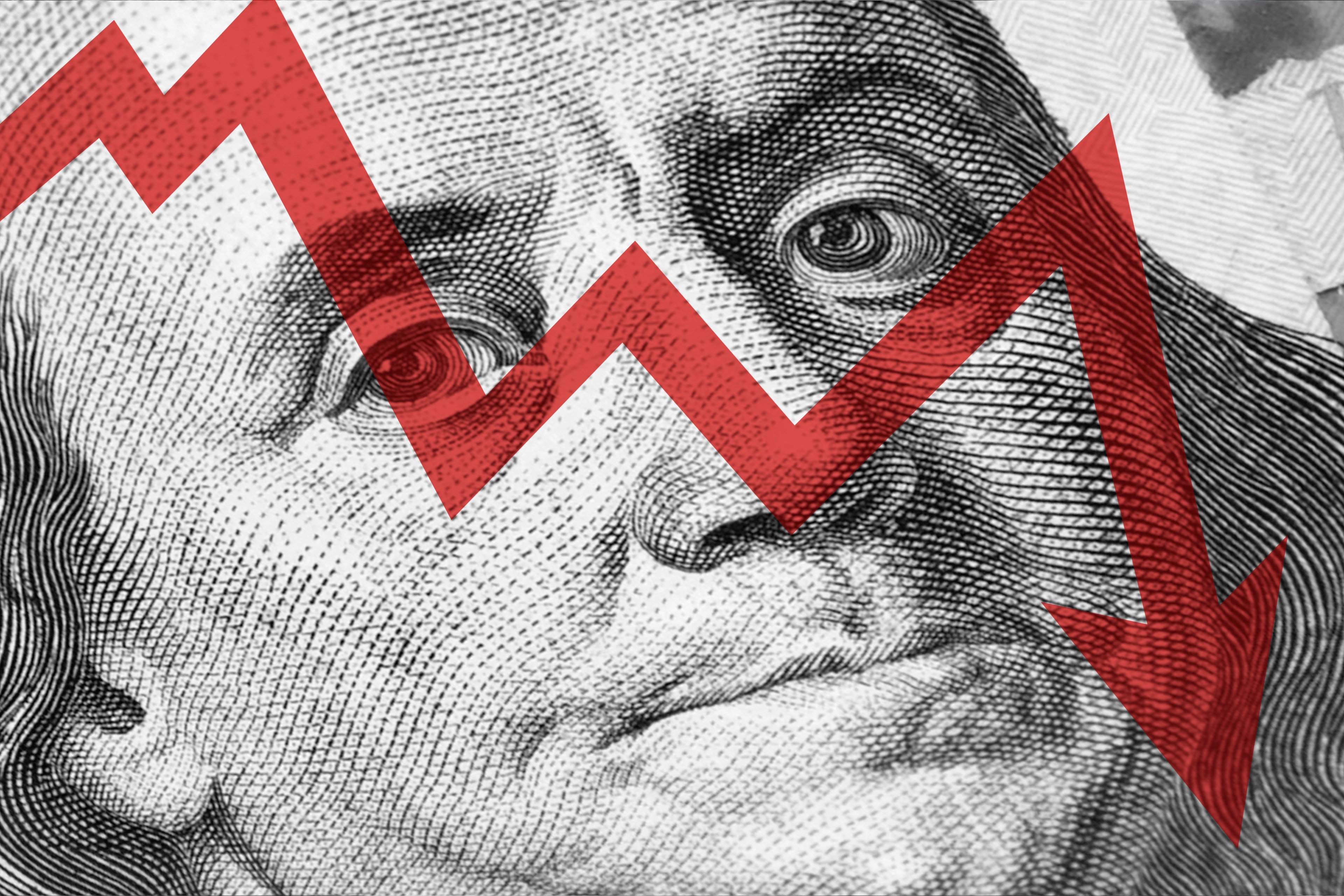How much cash to hold is one of the trickier questions in investing.
There are good arguments both for being fully invested and for keeping some dry power on the sidelines, and the volatility of the current stock market with a trade war brewing and the risk of a recession rising is causing some investors to rethink their strategies.
One of them is Ken Griffin, the head of Citadel, which is generally considered to be the best-performing hedge fund of all time.
In an interview with Bloomberg, Griffin said, "In retrospect, perhaps holding cash would've been the best way to navigate this, but that's so contrary to our culture of always trying to find ways to create value in the markets."

Image source: Getty Images.
Hindsight is 20/20
Griffin's comments underscore something obvious but also telling about investing. Having cash available is certainly advantageous when the market falls as it did in April with the S&P 500 (^GSPC +0.50%) nearly entering a bear market, though few investors anticipated that crash.
However, there were signs of rising volatility prior to the crash following the "Liberation Day" announcement. Stocks were already pulling back from peaks before the inauguration, President Donald Trump had already announced new tariffs, and consumer sentiment was quickly weakening.
It's unclear if Griffin meant that moving to cash made sense given the risks around tariffs, which were arguably visible before the April crash. Going to cash can also make sense as a way to outperform a volatile market, at least when asset prices are falling, which could be another interpretation of his comments.
Holding cash can be beneficial, but it's also a mistake to forget that hindsight offers a clearer perspective than investors had at the time.
You can't time the market
The wrong lesson to take away from Griffin's statement is that it's a good idea to hold cash in order to time the market, which is generally difficult, if not impossible.
No one knows for sure when the market is at a top or a bottom, and similarly no one knows when it's about to crash.
The advantage of keeping some cash on the sidelines is that you can capitalize on market crashes when they occur, but knowing when they're coming ahead of time is unlikely.

SNPINDEX: ^GSPC
Key Data Points
How much cash should you hold?
How much cash you keep in your portfolio will depend on a number of things, including your age, time horizon, and investing style. It could also vary with things like valuation in the market, which can lead to a pullback, though the timing of one is never clear.
Warren Buffett seems to heed this approach as he has complained for years of stocks being overvalued, and Berkshire's cash hoard has steadily grown during that time, giving him more cash to deploy in a sell-off.
As a percentage of cash in your portfolio, one rule of thumb is that you should have between 2% and 10% in cash, which can fund short-term opportunities in the stock market and outside or meet emergency needs. In that sense, holding cash can give you a cushion for spending money if stocks fall.
Unless you are close to retirement, it's usually best to be almost fully invested. Over the last century, the S&P 500 has delivered positive returns about 73% of the time, meaning holding cash, or at least large amounts of cash, would backfire under those circumstances.
In the 27% of circumstances when stocks fell, you still wouldn't know exactly when to time the market.
Overall, holding cash can give investors some flexibility, but being fully invested or close to it makes the most sense for long-term investors. Holding the S&P 500 through an eight-year bull market would lead to a double. On the other hand, cash would only produce comparable returns if the market crashed by 50% or more, which has only occurred once since the Great Depression.
Timing the market makes the challenges of deploying that cash even harder. For most long-term investors, it's not worth the risk of missing out on the next bull market.




